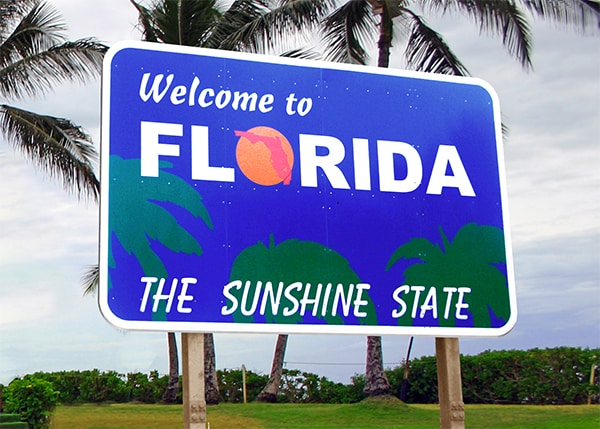
Affordable Care Act and Florida
The Affordable Care Act (ACA), also known as ObamaCare, was voted on and passed Florida’s Senate. Governer Rick Scott initially spoke out against the Affordable Care Act and redject federal loans to evaluate a state-run exchange. Before the ACA reformed the individual health insurance market, medical underwriting was used to determine eligibility for private coverage in Florida. People with pre-existing conditions often found themselves unable to purchase coverage at all, or only eligible for plans that excluded their pre-existing conditions or charged them higher premiums in order to offer comprehensive coverage.
Florida’s decision not to expand Medicaid leaves 764,000 people in the coverage gap, meaning they do not qualify for Medicaid nor are they eligible for tax subsidies to help them afford private health insurance.
Florida Medicaid
According to Florida Department of Children and Families (www.myflfamilies.com), Medicaid provides medical coverage to low-income individuals and families. The state and federal government share the cost of the Medicaid program. Medicaid services in Florida are administered by the Agency for Health Care Administration.
Medicaid eligibility in Florida is determined either by the Department of Children and Families (DCF) or the Social Security Administration (for SSI recipients).
DCF determines Medicaid eligibility for:
- Parents and caretakers relatives of children
- Children
- Pregnant women
- Former Foster Care Individuals
- Non-citizens with medical emergencies
- Aged or disabled individuals not currently receiving Supplemental Security Income (SSI)
Coverage for Adults
Medicaid under this category is based on The Affordable Care Act of 2010.
Uninsured families may be eligible for Medicaid. Parents and Step-Parents must have at least one
child or be pregnant to receive Medicaid. Relatives and their spouse within the specified degree of
relationship, including siblings, first cousins, nephews, nieces, aunts, uncles, grandparents, and
individuals of preceding generations as denoted by prefixes of great, great-great, who care for minor
children, may choose to receive Medicaid along with the child(ren) if they meet the program’s
eligibility requirements.
Assets are not a factor of eligibility in the Family Related Medicaid program. This program is based on the expected tax filing status for each individual.
Coverage under this group may include the following:
- Extended Medicaid is available to recipients who lose eligibility for Medicaid due to increased child support collections or increased earnings for four or twelve months, respectively.
- Relative caretakers and their spouses with children under 18.
- Pregnant women with or without other children.
- Step-parents can derive their eligibly from step children
In general, families whose income exceed the limits for the Family Related Medicaid will be enrolled in Medically Needy unless a more beneficial coverage group exists.





